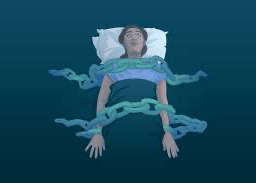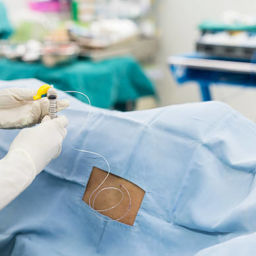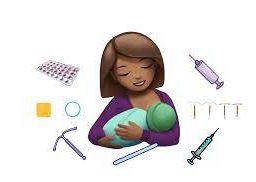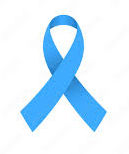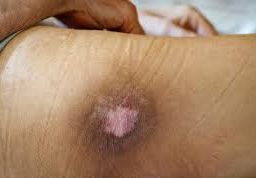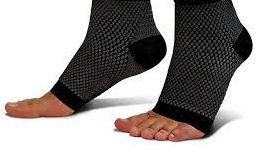
Bedridden Patient Care – Tips for Comfort, Health, Safety, Hygiene & More
Caring for bedridden patients demands a comprehensive approach to ensure their well-being and comfort. In this guide, we delve into essential care tips for bedridden patients, covering safety measures, effective positioning strategies, and crucial considerations like hygiene, nutrition, and mental health. Whether you’re a dedicated caregiver or a concerned family member, understanding these fundamental aspects is key to providing the best possible care for bedridden individuals.
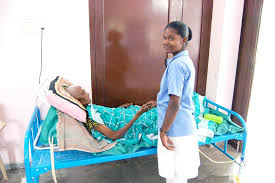
Caring for bedridden patients requires a great deal of knowledge, empathy, and patience. Below are some essential considerations and tips for caregivers or family members looking after bedridden patients:
1. Safety First: The safety of the patient is paramount. Ensure the bed and room are free of hazards and install safety rails or bed alarms if necessary.
2. Positioning: Bedsores can develop if patients remain in the same position for extended periods. Regularly change their position, use pillows and cushions to support pressure points, and consider using specialized pressure-relief mattresses.
3. Hygiene: Maintaining good hygiene is crucial. Regularly clean and moisturize the patient’s skin, change their bedding, and ensure they are bathed or sponged as needed.
4. Nutrition: Consult with a healthcare professional to establish a proper diet plan for the patient. Sometimes, bedridden patients may require nutritional supplements.
5. Medication Management: Ensure the patient’s medications are administered as prescribed and keep a record of their medication schedule.
6. Mobility Exercises: Even bedridden patients should do some form of physical therapy or gentle exercises to prevent muscle atrophy and maintain joint flexibility. Consult a physical therapist for guidance.
7. Preventing Blood Clots: Bedridden patients are at risk of developing blood clots. Consider using compression stockings or other methods to improve circulation and reduce this risk.
8. Respiratory Care: If the patient has trouble breathing, using a humidifier, nebulizer, or other respiratory equipment as prescribed can help maintain their lung health.
9. Mental Health: Loneliness and depression can be common among bedridden patients. Spend time talking with and engaging them in activities that they enjoy. Consider arranging visits from friends and family or offering access to entertainment.
10. Pain Management: Bedridden patients may experience pain. Consult with a healthcare professional to ensure they receive appropriate pain management.

11. Incontinence Care: Patients who are bedridden may struggle with incontinence. Be prepared with appropriate supplies and consult with a healthcare professional for guidance on managing this issue.
12. Assistive Devices: Consider devices like bedpans, bed lifts, or over-bed tables to assist with daily activities.
13. Regular Check-ups: Even though the patient is bedridden, regular medical check-ups are necessary to monitor their health and adjust their care plan as needed.
14. Communication: Ensure the patient has a way to communicate their needs and concerns. This may include call bells, communication boards, or speech therapy for those with speech difficulties.
15. Family and Caregiver Support: Caring for a bedridden patient can be physically and emotionally demanding. Seek support from healthcare professionals, support groups, or therapists if needed. Don’t hesitate to ask for help from other family members or caregivers.
16. End-of-Life Planning: If the patient’s condition is terminal, consider discussing end-of-life care and preferences with the patient and their healthcare team.
17. Legal and Financial Matters: Ensure that legal and financial matters, including power of attorney and advance directives, are in order.
Caring for a bedridden patient can be a challenging but rewarding experience. It’s important to have a support system and access to healthcare professionals who can provide guidance and expertise throughout the caregiving journey. Each patient is unique, so always tailor your care to their specific needs and preferences.
Disclaimer: The information provided in this content is for general informational purposes only. It is not intended as medical or healthcare advice, diagnosis, or treatment. Always seek the advice of a qualified healthcare professional with any questions you may have regarding a medical condition or healthcare decisions.



